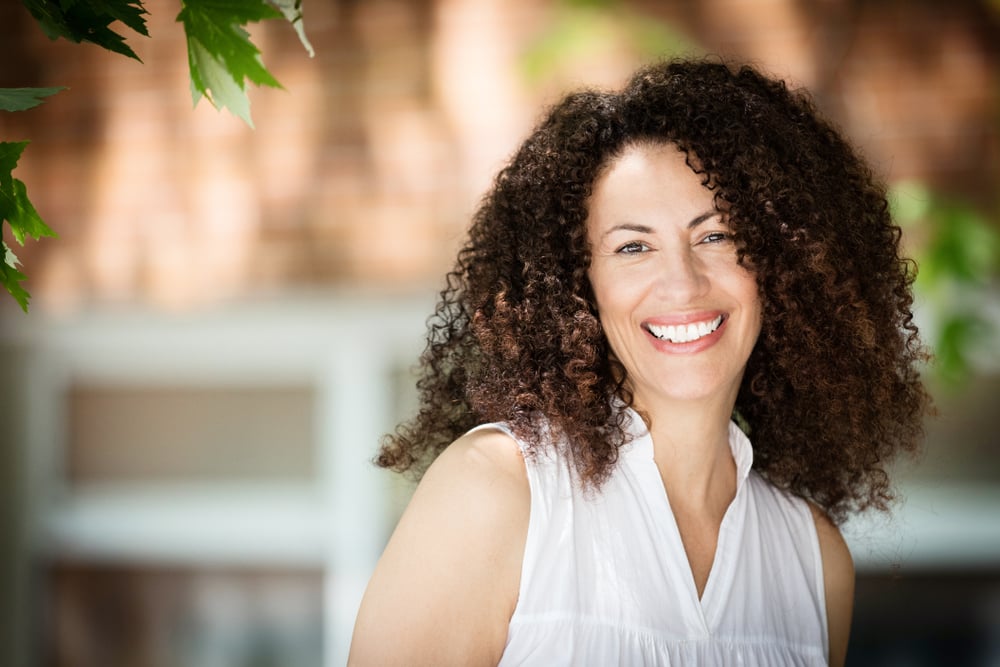Fertility in your 40's

The average age of women conceiving has increased over the last few decades, and today there are a significant proportion of women in their 40s interested in having a child. If you are in your 40s, there are special considerations to be mindful of when you are interested in conceiving. Here are some relevant issues that may come up for women and couples:
1. When should I consider a consultation with my gynecologist or a fertility specialist?
The definition of infertility for women under the age of 35 is one year or longer of unsuccessful attempts at pregnancy, and 6 months or longer if you are over the age of 35. We suggest broaching the subject of fertility with your gynecologist early on. If it has been taking longer than 3-6 months, a workup should be initiated.
2. What testing is recommended?
A routine fertility workup includes screens for ovarian reserve which assess egg number, an imaging study , or a hysterosalpingogram (HSG), to check that the fallopian tubes are normal, and a semen analysis in the male partner (for those who use a sperm donor, sperm donors – by definition – have normal analyses). Screens for ovarian reserve are of particular importance since women in an older age category are at higher risk of having lower egg numbers. These are usually assessed through blood tests for hormones on the second or third day of a menstrual cycle to check estrogen and FSH, AMH level which can be done at any point in a cycle, and an ultrasound to assess the size of the ovaries and the number of follicles, which are the fluid sacs that contain the eggs once they are at a certain stage of maturity (this is often referred to as an antral follicle count or AFC).
As long as egg reserve is good the prognosis remains quite good to conceive with one’s own eggs. It is important to note that ovarian reserve is a snapshot of reproductive potential at that moment, and can change over time. So having “good” ovarian reserve, while reassuring, does not guarantee how one’s fertility will be down the road although in the short term you can conclude that egg numbers are high and response to treatment should be good if done sooner than later. Because of the difficulty in predicting future fertility, one should still entertain fertility treatments on a shorter time frame when in an older age bracket and most obstetrician gynecologists will often prefer you see a reproductive specialist sooner in the process.
3. What treatment options are available?
At RMA we offer the full gamut of interventions to help couples who are having difficulty conceiving. Simpler treatments are a good starting point for many women in general, but if you are over 40, you should be thinking of progressing to more advanced treatments sooner given the uncertainties of egg reserve over time. It also bears emphasizing that technology has its limits. The celebrity couple that has twins at age 48 can serve as a source of misinformation. These situations are invariably associated with use of donor eggs. Fertility with one’s own eggs is generally successful only if someone’s egg reserve is adequate, which varies considerably between individuals. Even the treatment with the highest success rate, IVF, may not be successful if egg reserve is severely diminished. That said, here at RMA we have had many successful outcomes even in women with diminished ovarian reserve with their own eggs.
For couples where the female partner has severely compromised egg reserve (or is in menopause), reproductive options often turn to adoption or egg donation. The latter is a great option for many and affords the ability to conceive with excellent success rates. Technically, the process is straightforward, as the egg donor stimulates multiple eggs to mature with fertility drugs, which are then retrieved, inseminated with the partner’s sperm (or sperm from a donor), and then transferred to the recipient whose uterus has been prepared to receive the embryo following a straightforward regimen of hormonal priming. Another option is to use a frozen egg. Technology to freeze and thaw eggs has advanced to such a point that success rates are nearly comparable between fresh and frozen eggs. This shortens wait times to find a suitable donor in some circumstances.
4. Does age affect miscarriage rates, and is there anything that can be done about it?
Women of older reproductive age do have higher miscarriage rates. The reason for this is that most losses are due to chromosomal abnormalities, such as Down syndrome, in embryos which increase in frequency as a woman gets older. Thankfully, we are in an era where we can screen embryos for chromosome abnormalities prior to transfer, so we can lower miscarriage risks. Testing of embryos that can be done in conjunction with IVF – called preimplantation genetic testing or PGT – can also help lower these risks.
Here are some key take home points if you are in an older reproductive age category:
- Seek medical attention earlier.
- Don’t wait too long to do a diagnostic workup and start treatment.
- Consider progressing to more advanced treatments that have higher success rates sooner.
- Be mindful of miscarriage rates and the option of PGT to reduce this occurrence
- Egg donation remains an option for women who can no longer conceive with their own eggs. The success rate is correlated to the age of the egg donor.
